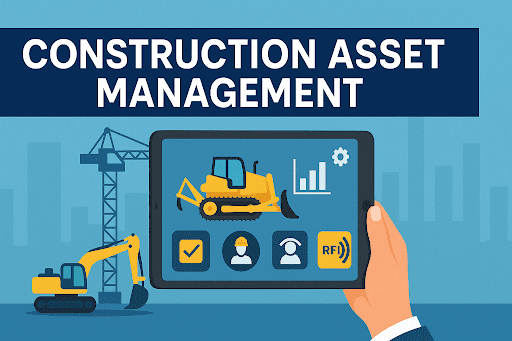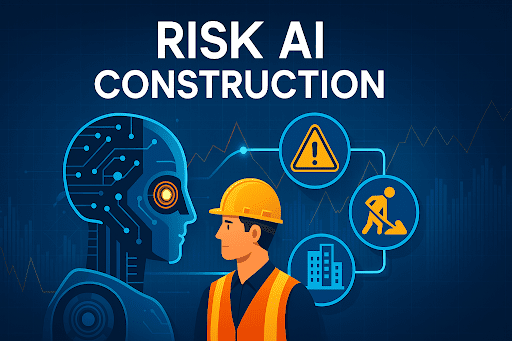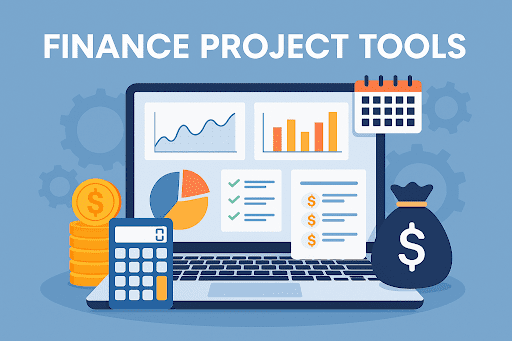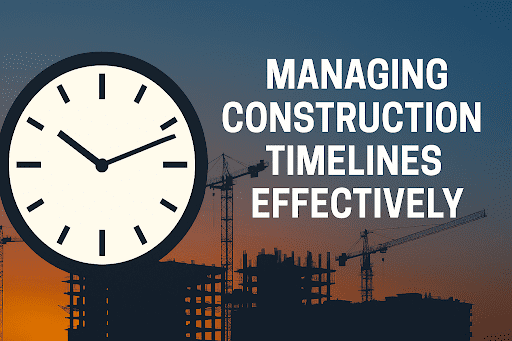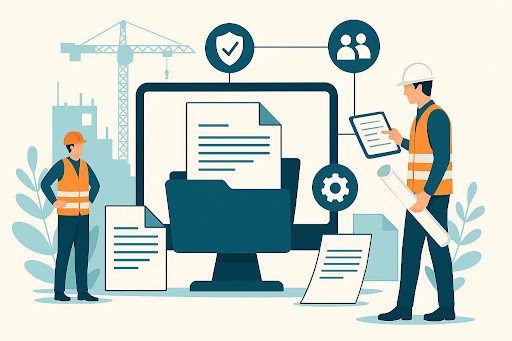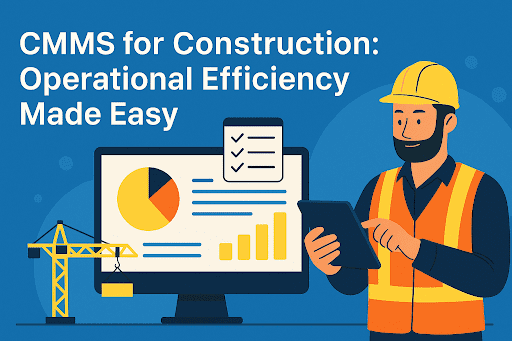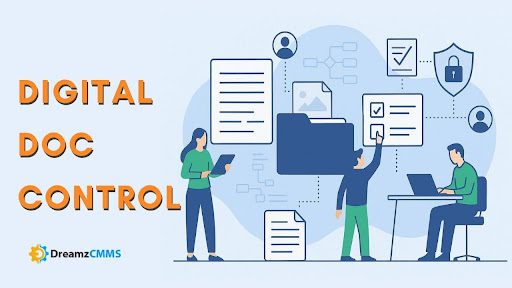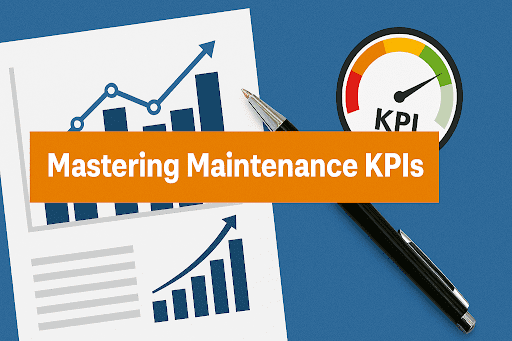 BACK TO Blog
BACK TO Blog
Asset Rental Management
Construction
Collaboration Tools for Construction Teams: Driving Jobsite Efficiency Through Digital Integration
- May 21, 2025
- DreamzCMMS Team
- 7 minutes read
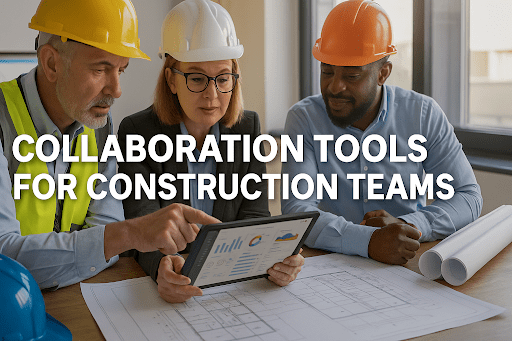
- May 21, 2025
- DreamzCMMS Team
- 7 minutes read
Collaboration Is No Longer Optional in Modern Construction
Construction projects move fast. Missed updates, scattered communication, or delayed coordination can ripple across timelines and budgets. In today’s competitive landscape, collaboration tools for construction teams are not just helpful, they are essential.
Whether it is aligning subcontractors, managing timelines, or responding to on-site issues, C-suite decision-makers must ask:
Are our teams sharing information in real time?
Are workflows synchronized between field and office?
Do our tools support decisions, or delay them?
Outdated communication methods: whiteboards, emails, paper logs create blind spots that slow progress and introduce unnecessary risk. Modern tools close those gaps.
By integrating construction project collaboration platforms, field communication apps, and real-time data sharing, teams stay in sync no matter where they are. The result? Faster decisions, fewer delays, and a more agile project lifecycle.
In this blog, we will break down the essential components of digital collaboration in construction. From construction task coordination and scheduling to document sharing and team messaging, we will explore the tools that drive performance. We will also show how solutions like Field Service Management Software and DreamzCMMS support these efforts with mobile-first workflows, status tracking, and role-based access keeping projects aligned from ground to boardroom.
What Happens When Collaboration Breaks Down on the Job Site
Even well-planned construction projects fall behind when coordination breaks down. It only takes one miscommunication to delay work, duplicate tasks, or compromise quality. For leadership, these gaps are not just operational—they are financial and reputational.
Let us look at three of the most common challenges:
1. Fragmented Team Communication
Construction teams are often spread across multiple locations: field crews, subcontractors, site managers, and central office staff. Without clear team communication in construction, updates get lost, messages are delayed, and accountability blurs.
Phone calls and scattered messaging apps cannot scale. With unified field communication platforms, everyone sees the same updates in real time whether they are in the office or onsite.
Solutions like Facility Management Software help standardize communication protocols and track task updates across shifts and locations, reducing confusion and speeding up execution.
2. Slow Response to Change Orders or Site Issues
Construction sites change daily. When weather, inspections, or material delays impact progress, teams need fast alignment. But in too many organizations, change orders take days to process, causing costly idle time.
With real-time construction updates, site managers can flag issues instantly, document conditions, and share progress photos all within a single system. This allows project leaders to make informed adjustments quickly, without relying on delayed back-and-forth.
3. Task and Schedule Misalignment
Schedules are often shared via static PDFs or whiteboards. Once changes are made, the version on the wall may no longer match the plan being followed in the field.
Construction scheduling tools fix this by syncing every update across users. Paired with Construction Project Management Software, this ensures tasks are reassigned, dependencies shift logically, and no one is operating on outdated information.
The Tools That Keep Construction Teams Aligned and Accountable
Solving communication challenges in construction is not about adding more tools it is about adopting the right ones. The best collaboration tools for construction teams are built to match the speed and complexity of job sites, not slow them down.
Here are five essential features that make a measurable difference:
1. Mobile Apps for Construction Teams
Job sites are dynamic. Crews need access to schedules, updates, and documents without walking back to the trailer or waiting for a call. Mobile apps for construction teams enable real-time coordination, punch list tracking, and instant photo sharing from any device, in any location.
These apps reduce downtime and keep field teams in sync with office decision-makers.
2. Integrated Document Sharing
Plans, permits, and change orders must be accurate and accessible. When project files live in inboxes or local folders, confusion spreads.
Modern platforms support document sharing in construction projects with version control, role-based access, and centralized storage. Everyone works off the same source eliminating guesswork and rework.
3. Construction Task Coordination and Scheduling
Coordination is more than assigning tasks. It is about making sure dependencies are tracked, updates are visible, and workloads are balanced. Construction task coordination tools let managers shift timelines based on actual progress, not assumptions.
Combined with Construction Scheduling Tools, they allow teams to reassign tasks, monitor completion, and update milestones without disrupting the full project.
4. On-Site and Remote Team Sync
Construction rarely happens in just one place. Whether teams are split across multiple job sites or working in hybrid models, on-site and remote team sync capabilities ensure that updates, alerts, and timelines stay aligned no matter the location.
This is especially valuable when integrated with solutions like DreamzCMMS, which connects communication, scheduling, and maintenance in one view.
5. Workflow Integration
The best systems do not replace how teams work, they enhance it. Integrated construction management tools bring scheduling, file sharing, task tracking, and real-time alerts into one platform.
When combined with tools like Field Service Management Software, this integration improves speed, reduces administrative overhead, and strengthens accountability at every level.
Is Your Construction Team Aligned or Just Connected?Too many construction delays stem from miscommunication, fragmented tools, and slow decision-making. DreamzCMMS simplifies coordination with real-time scheduling, integrated task updates, and centralized communication built specifically for construction workflows. Request a Free Demo today and see how to keep your teams in sync and your projects on track. |
Driving Collaboration from the Top—The Executive’s Role
Technology may power collaboration, but leadership sets the pace. No matter how advanced your tools, if teams are not aligned on goals, workflows, and accountability, the outcomes will be inconsistent. For C-suite leaders, this is not a software problem, it is a strategic one.
Strong collaboration does not begin with adoption. It begins with ownership.
1. Set the Standard for Real-Time Visibility
Field updates must flow to leadership without filters or lag. Executives need to see where projects stand, not just through dashboards but through data that reflects actual conditions on site.
Real-time construction updates supported by platforms like DreamzCMMS allow leadership to spot delays, approve shifts in schedule, and course-correct before issues escalate.
This visibility strengthens both performance and confidence internally and with clients.
2. Align Technology with Workflow
One of the biggest barriers to adoption is complexity. If collaboration tools do not fit how people already work, they will be bypassed.
C-suite leaders must ensure that any construction workflow management solution simplifies and does not complicate team coordination. This means integrating tools like Construction Project Management Software and Facility Management Software that automate where possible and centralize what matters.
When technology matches workflow, compliance improves, and results follow.
3. Prioritize the Flow of Communication, Not Just Tasks
Too many systems track completion but ignore context. Executives should push for tools that capture conversations, decisions, and documentation, not just dates and percentages.
With strong team communication in construction, decision-makers gain insight into how teams are functioning, where delays originate, and what support is needed.
Integrated communication strengthens accountability. It also provides a traceable record that protects against disputes and delays.
Recommended ReadsExplore more expert insights that can support your digital transformation journey and enhance coordination across construction and facility management:
|
Ready to Unify Your Construction Team?Stop relying on disconnected systems and scattered updates. DreamzCMMS helps you centralize communication, simplify task coordination, and connect every stakeholder from site crew to C-suite. Request a Free Demo today and explore how to bring your construction collaboration strategy into the digital age. |
Ready for More?
Talk to one of our CMMS experts and see how DreamzCMMS can simplify your maintenance operations.
Book a free consultation